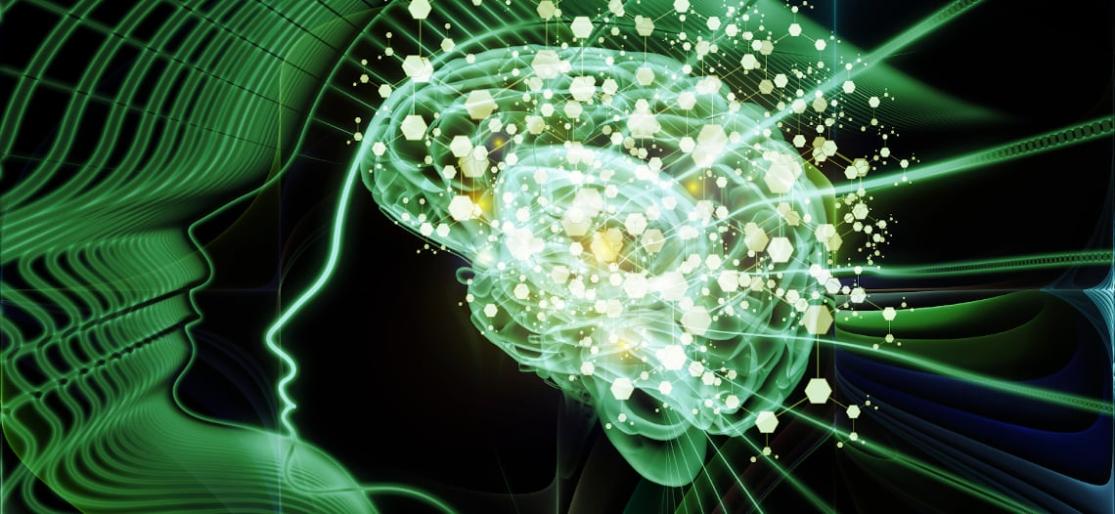Is Free Will an Illusion?
The concept of free will has been a subject of philosophical and scientific debate for centuries. It is often defined as the ability to make choices independently of external factors, allowing individuals to exercise their own agency and moral responsibility. However, various arguments and evidence suggest that free will may be an illusion, challenging our traditional understanding of human decision-making and ethical considerations.

Philosophical Arguments Against Free Will
- Determinism: The idea that all events, including human actions, are causally determined by prior events and the laws of physics. This implies that our choices are predetermined, leaving no room for genuine free will.
- Compatibilism vs. Incompatibilism: Compatibilists argue that free will is compatible with determinism, suggesting that individuals can still make autonomous choices within the constraints of causality. Incompatibilists, on the other hand, assert that free will and determinism are mutually exclusive, as true freedom requires the ability to make choices that are not causally determined.
- The Problem of Evil: The existence of evil and suffering in the world challenges the notion of a benevolent and omnipotent God. If God is all-powerful and all-loving, why does evil exist? This raises questions about the compatibility of free will with the existence of a benevolent deity.
Psychological And Neuroscientific Evidence
- Neuroscience and the Brain: Neuroscience research suggests that our decisions and actions are influenced by neural processes, unconscious biases, and heuristics. Brain injuries and neurological disorders can also impair decision-making abilities, further challenging the idea of free will.
- Psychological Experiments: Studies on priming and subliminal messaging have demonstrated the influence of external factors on our choices and behaviors. The illusion of control and cognitive biases also play a significant role in shaping our decisions.
The Illusion Of Free Will
- The Subjective Experience of Free Will: Despite the evidence against free will, individuals often have a strong subjective feeling of being in control of their actions and choices. This illusion of free will may be rooted in introspection and self-awareness.
- The Evolutionary Perspective: Some argue that the illusion of free will has evolutionary advantages. It may promote survival and cooperation by allowing individuals to feel responsible for their actions and to hold others accountable.
Implications And Ethical Considerations
- Moral Responsibility: The illusion of free will has significant implications for our notions of blame, punishment, and reward. If our actions are predetermined, it raises questions about the fairness of holding individuals morally responsible for their choices.
- Personal Identity and Autonomy: The challenge to free will also affects our understanding of personal identity and autonomy. If our choices are not truly free, it may impact our sense of self and our ability to make meaningful decisions.
- Re-evaluation of Free Will: The evidence and arguments presented suggest that the traditional understanding of free will may need to be reevaluated. We must acknowledge the limitations of human agency and the influence of external factors on our decisions.
- The Role of Personal Responsibility: Even in the absence of free will, the concept of personal responsibility remains relevant. We can still promote ethical behavior and decision-making by focusing on the consequences of our actions and the well-being of others.
The question of whether free will is an illusion is complex and multifaceted, with profound implications for our understanding of human agency, moral responsibility, and personal identity. As we continue to explore the nature of free will through philosophical, psychological, and neuroscientific inquiry, we may gain a deeper understanding of the factors that shape our choices and the role of personal responsibility in a world where free will may be an illusion.
YesNo

Leave a Reply